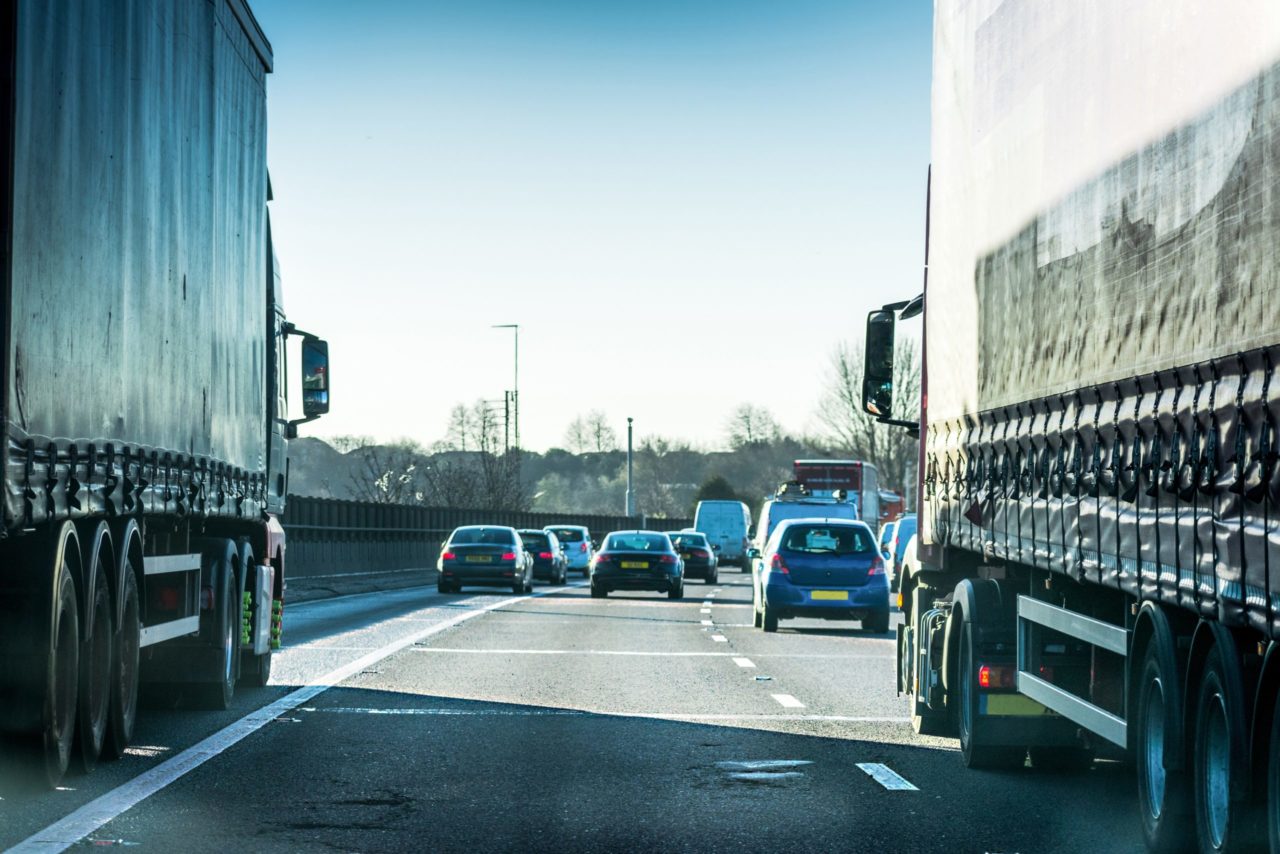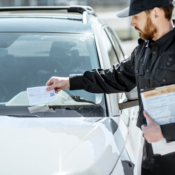
18 February 2021
What are the effects of moving goods in the EU post-Brexit
What are the effects of moving goods in the EU post-Brexit?
Following the UK leaving the EU, all trade with the EU is going to be different. A last-minute deal has helped with certain areas of trading, but what should you look out for when moving goods in the EU?
Tariffs
The new UK EU Free-Trade-Agreement eliminates all tariffs and quotas. However, to qualify for tariff-free access, organisations will need to meet Rules of Origin (RoO) requirements, proving that the goods originated in the UK or the EU.
As the UK leaves the EU, organisations will need to comply with new rules and have the appropriate shipping documents to clear goods.
EORI Number
Historically used for businesses which operate between the UK and non-EU countries, an EORI number is the legal requirement for businesses trading between the UK and the EU from the 1st January 2021. Companies moving goods from England, Scotland, Wales or Northern Ireland to the EU, and vice versa, must apply for an EORI number in order to move their goods safely through customs. Without an EORI number, goods will be held at customs and you may incur increased costs in addition to delays.
Commodity Codes
After Brexit, it’s important to make sure you get a commodity code to move goods in or out of the UK or EU, including goods sent to you from abroad. As the UK’s government website states, if you classify your goods correctly, you’ll know what rate of duty and import VAT you are eligible to pay.
Customs Procedure Codes (CPC)
A further requirement of moving goods in and out of the EU will be establishing your customs procedure codes. These customs procedure codes (CPCs) are completed at export, as well as import, and used between customs departments to identify the customs which goods are being entered into and removed from.
Duty deferment account
A duty deferment account may be required for those transporting goods into the UK from Europe. Businesses importing items into the UK will have to pay duties on goods coming into the UK following the January deadline of the UK’s departure from the EU, unless you are using the facility of a bonded warehouse.
Licensing to import/export
One final aspect of importing and exporting goods from Europe via freight, post-Brexit, is checking licensing to transport goods to and from the UK. Import, export and customs for businesses may require a license depending on the type of goods you are looking to import and export.
Employing European nationals
EEA nationals who arrived in the UK before 11pm on 31 December 2020 will have the right to remain, under the Brexit transition rules. They can apply for Settled Status via the Government website and they have until the 30 June 2021 to apply.
Free movement of people for the UK has ended and the introduction of the new points-based immigration system means new barriers to recruiting EU nationals.
If you’re an EU, EEA or Swiss citizen, you and your family can apply to the EU Settlement Scheme to continue living in the UK after 30 June 2021. You can also apply if you’re the family member of an eligible person of Northern Ireland.
Driving abroad
Anyone driving abroad under a UK insurance policy must carry a physical Green Card. This used to be on green paper (hence Green Card), but this is no longer compulsory.
A separate Green Card is required for any towed vehicle.
Your insurers will need to be advised in advance if you intend to use a vehicle in Europe. Green cards can be issued on an annual basis, or for short periods if the vehicle does not travel regularly. A Green Card needs to be issued for each vehicle and each trailer or towed vehicle.
Check out some of our guides below:
How to prepare your business for Brexit
CPC Requirements After Brexit: Here’s What You Need to Know
Have any questions? please don’t hesitate to contact one of our team
Stuart.belbin@ascendbrokingold.co.uk | Office: 01245 449067

Recent Posts
Ascend Broking
The Insurance Risks of the Office Christmas Party
Ascend Broking





